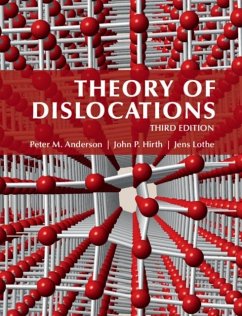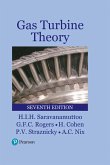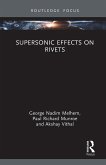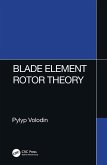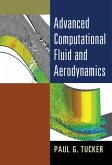Theory of Dislocations provides unparalleled coverage of the fundamentals of dislocation theory, with applications to specific metal and ionic crystals. Rather than citing final results, step-by-step developments are provided to offer an in-depth understanding of the topic. The text provides the solid theoretical foundation for researchers to develop modeling and computational approaches to discrete dislocation plasticity, yet it covers important experimental observations related to the effects of crystal structure, temperature, nucleation mechanisms, and specific systems. This new edition incorporates significant advances in theory, experimental observations of dislocations, and new findings from first principles and atomistic treatments of dislocations. Also included are new discussions on thin films, deformation in nanostructured systems, and connection to crystal plasticity and strain gradient continuum formulations. Several new computer programs and worked problems allow the reader to understand, visualize, and implement dislocation theory concepts.
Dieser Download kann aus rechtlichen Gründen nur mit Rechnungsadresse in A, B, BG, CY, CZ, D, DK, EW, E, FIN, F, GR, HR, H, IRL, I, LT, L, LR, M, NL, PL, P, R, S, SLO, SK ausgeliefert werden.

